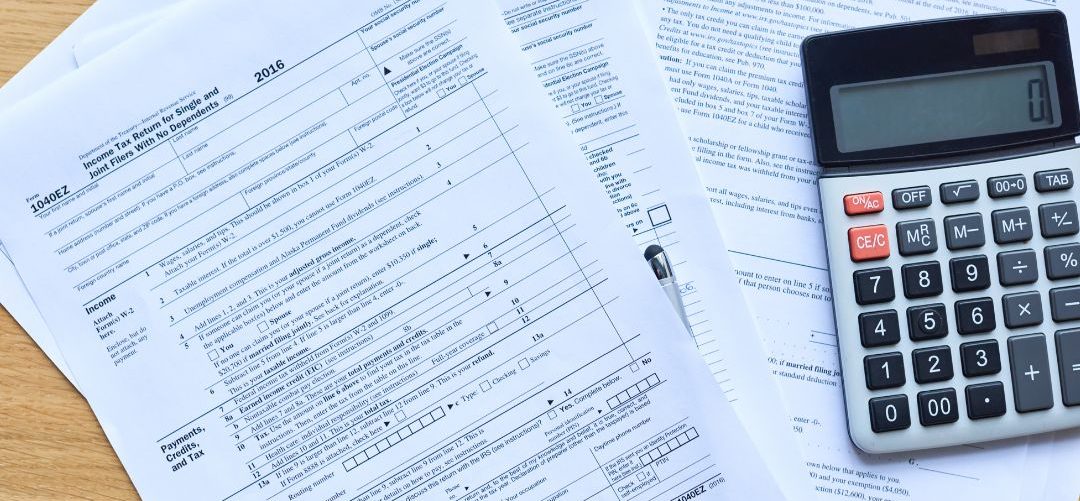The Income Tax Department (I-T Deptt) conducted “searches” at over 100 sites in Maharashtra, Delhi, Haryana, and Uttar Pradesh on Wednesday. It also held “surveys” in various parts of Delhi.
The surveys were performed, according to tax officials, in response to certain apparent anomalies in the funding of these groups. The searches, on the other hand, were part of an investigation into several unrecognized but registered political groups.
What exactly is a survey?
Surveys are conducted by tax officials to uncover hidden or unreported income and property. The primary goal here is to gather information.
A survey also determines whether or not a person or firm has correctly maintained its books of accounts.
Section 133A of the Income Tax Act of 1961 governs it. It was added in 1964. The Finance Act of 2002 makes several changes to the provision.
What exactly is a search?
In tax evasion cases, searches are extensive investigations of buildings, places of business, and other locations to identify concealed income or riches. The authorities are also granted the authority to take documents, assets, bullion, and other items that have been kept from them. That is why they are referred to as “search and seizure” operations.
It is commonly referred to as a “raid,” yet no such term appears in the I-T Act of 1961. Section 132 of the I-T Act authorizes searches.
What defines surveys from searches?
Surveys are a gentler version of search operations. The primary goal of surveys is to gather information. The fundamental goal of a search and seizure is to identify unaccounted riches and documents of such transactions.
The surveys may only be done during the hours that the company is open for business. Searches, on the other hand, can be conducted at any time.
Surveys may only be conducted at the location where the company or profession is conducted. There is no such constraint in search operations.
“The laws of the Code of Criminal Procedure, 1973 govern search operations, which allow the raiding team, in the event of non-cooperation, to smash through any outside or inner door or window to gain entry to the premises where the search warrant must be fulfilled. However, such authority is not granted for survey procedures “Geetanshu Bhalla, director (Tax Regulatory), The Virtual Compliance, informed Business Standard.
“A few taxpayers’ rights are suspended during the execution of a search warrant, but this is not the case during survey procedures under the Income Tax Act,” Bhalla stated.
Before the Finance Act of 2002, the authorities had no authority to take any assets during the surveys. However, with the change, the authorities may confiscate the inspected books and documents, but only after noting the grounds for doing so. Furthermore, they cannot be held for more than 10 days without the authorization of the Chief Commissioner, Commissioner, Director General, or Director.
The authorities can confiscate any document or asset except the stock-in-trade during a search and seizure operation. They can break any lock if they are not given the keys. They might enlist the assistance of police officers or any other central government offices throughout the procedure.

